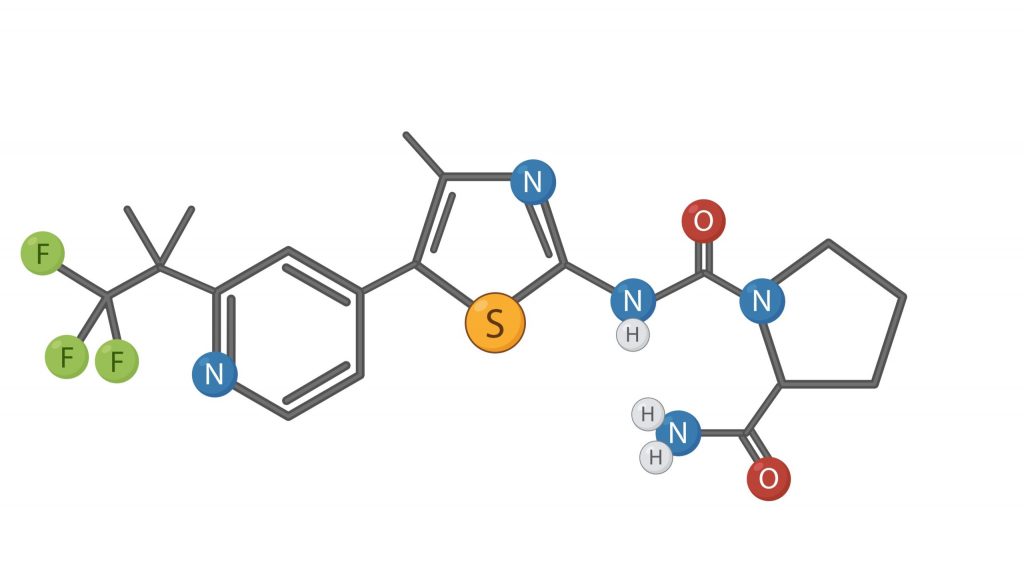DR-073 Making HMF colorectal cancer data accessible for the HMF CRC focus group through cBioPortal
“Colorectal cancer (CRC) is the second most common cause of cancer death worldwide. Cancer is caused by DNA alterations. Detailed information about DNA alterations in tumors from clinically well-characterized CRC patients offers excellent opportunities for translational research. The main purpose of this project is to facilitate querying and viewing of the HMF CRC data by members of the HMF focus group, allowing individual researchers to easily judge whether the HMF CRC dataset is (not) suited to address their specific research question(s).
Data:
• DNA whole genome sequencing data from CRC samples, indicative for the landscape of genomic aberrations in CRC patients.
• RNA sequencing data, indicative for biological consequences of DNA alterations.
• Clinical and pathological data, to relate DNA mutations and RNA expression data to clinical characteristics.
Relevance for patient:
Easy querying and viewing of HMF CRC data in cBioPortal will stimulate the use of HMF CRC data for translational research purposes. Facilitating initiation of discovery and validation studies will ultimately lead to better disease management of CRC patients.”
Remond Fijneman NKI-AvL the Netherlands
Terug naar nieuwsMeer nieuws

Primaire Tumor Onbekend – landelijke samenwerking hard nodig
Elke week krijgen gemiddeld 25 patiënten een diagnose kanker met uitzaaiingen terwijl de bron van de tumor zelf niet gevonden …

Samenwerking met Australische IT-specialisten voor optimale data
Dit voorjaar tekende Hartwig een samenwerkingsovereenkomst met Hartwig Medical Foundation Limited Australia. Deze Australische collega-organisatie heeft bijzondere kennis en kunde …

Wat is de beste manier om een PIK3CA-mutatie te vinden voor het gebruik van alpelisib bij borstkanker?
Artsen en patiënten willen het nieuwe geneesmiddel alpelisib graag gebruiken. Onlangs heeft ook de commissie BOM een positief advies uitgebracht …

Er komen steeds meer oncologische geneesmiddelen beschikbaar die maar voor een klein deel van de patiënten geschikt zijn. Op dit moment vinden we die patiënten niet. Bij élke patiënt met uitgezaaide kanker zou uitgebreide genetische screening moeten plaatsvinden.